In a recent and contentious legal decision, State District Judge Chap Cain III has ruled that the Barbers Hill School District in suburban Houston was within its legal rights to suspend 18-year-old Darryl George for months over his locs hairstyle.
This landmark decision has sparked intense discussions regarding the interplay between school dress codes, individual expression, and the newly enacted Texas Crown Act, designed to protect people from discrimination based on hairstyles historically associated with race.
At the crux of the legal battle is Darryl George, a Black student who found himself in conflict with the Barbers Hill School District over the violation of the school’s rules on student appearance and dress code. The district contended that George’s hair length exceeded their regulations, resulting in his suspension from regular classes since the fall.
Central to George and his family’s defense is the Texas Crown Act, a state law aimed at preventing discrimination based on hairstyles associated with race. They argue that George’s locs are protected under this legislation, emphasizing its intent to shield individuals of color from discriminatory practices related to their hairstyles.
However, Judge Chap Cain III ruled in favor of the Barbers Hill School District, asserting that the district did not violate the Texas Crown Act. This decision raises pertinent questions about the law’s scope of protection and whether it extends to all hairstyles or only those historically associated with race.
The judge’s interpretation suggests that the district’s rules are race-neutral, emphasizing that the Crown Act does not grant students unrestricted freedom to style their hair.
Despite the legal victory for the school district, Darryl George remains unable to attend regular classes, highlighting the personal and educational consequences of the ongoing dispute. This extended suspension raises concerns about the potential long-term effects on George’s academic progress and overall well-being.
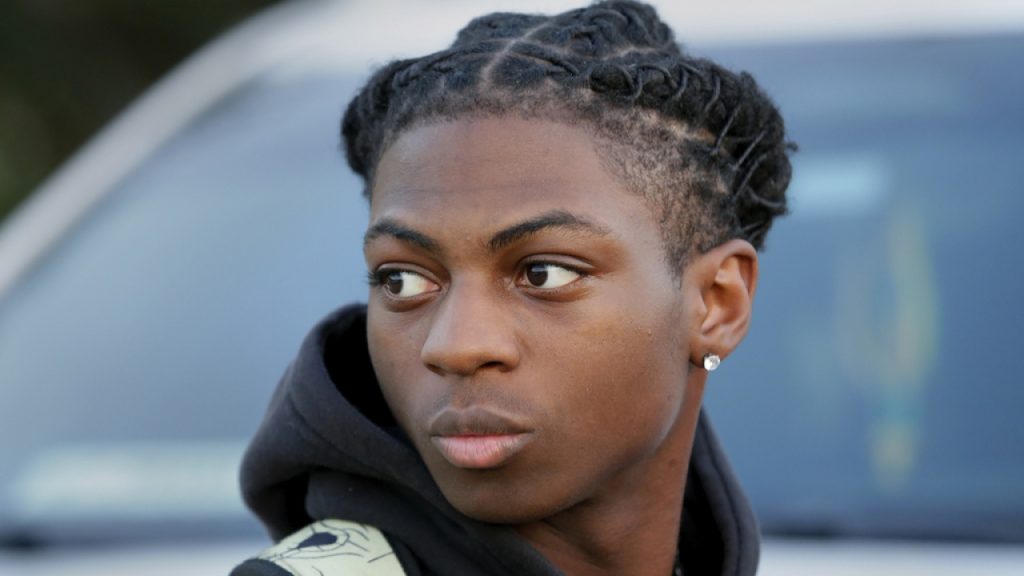
The Barbers Hill School District has a history of hair-related controversies, as evidenced by a similar incident in 2020 where two students were suspended for the length of their dreadlocks. This recurrence raises questions about the district’s approach to diversity and inclusion, prompting scrutiny of its policies.
The judge’s decision has triggered a varied public response, with individuals expressing differing opinions on social media platforms. Some argue that the ruling sets a precedent for limiting individual expression, while others support the school district’s right to enforce dress codes.
This controversy has also ignited community dialogues about the importance of cultural sensitivity and understanding in educational institutions.
Looking ahead, the case of Darryl George may have broader implications for the implementation and interpretation of the Texas Crown Act in schools across the state.
Related News:
- Polarizing Politics: Texas in the Spotlight
- Biden Administration Gives More Help with Student Loans!
- A 91-Year-Old Dynamo Taking on Trump in a Battle for Justice at the US Supreme Court
It prompts a reexamination of dress codes and their potential impact on students from diverse backgrounds, emphasizing the need for a balanced approach that respects individual expression while maintaining a conducive learning environment.








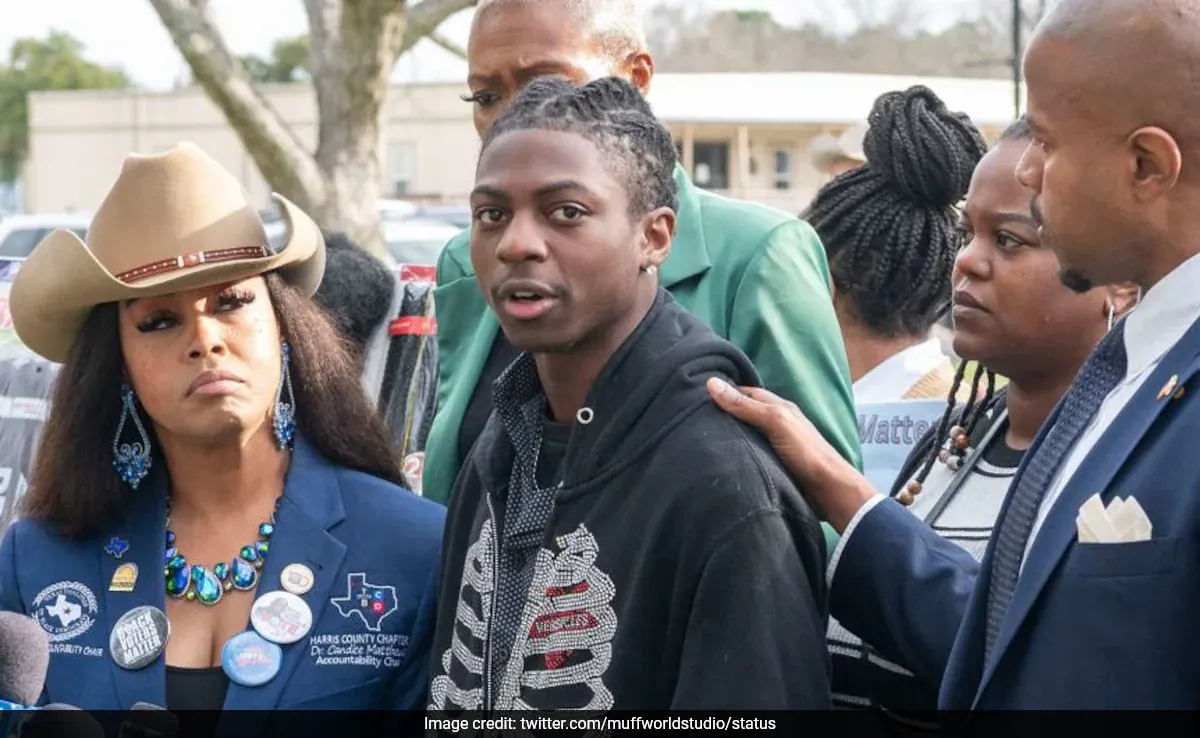
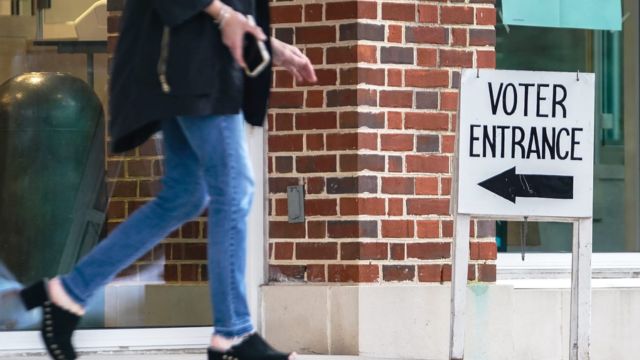
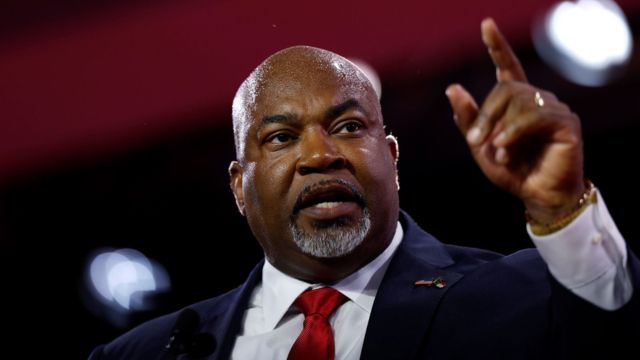



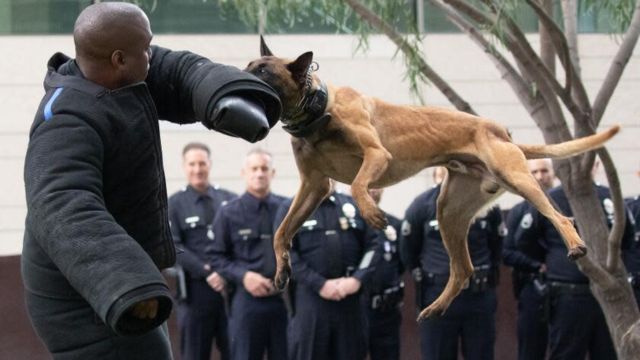
+ There are no comments
Add yours